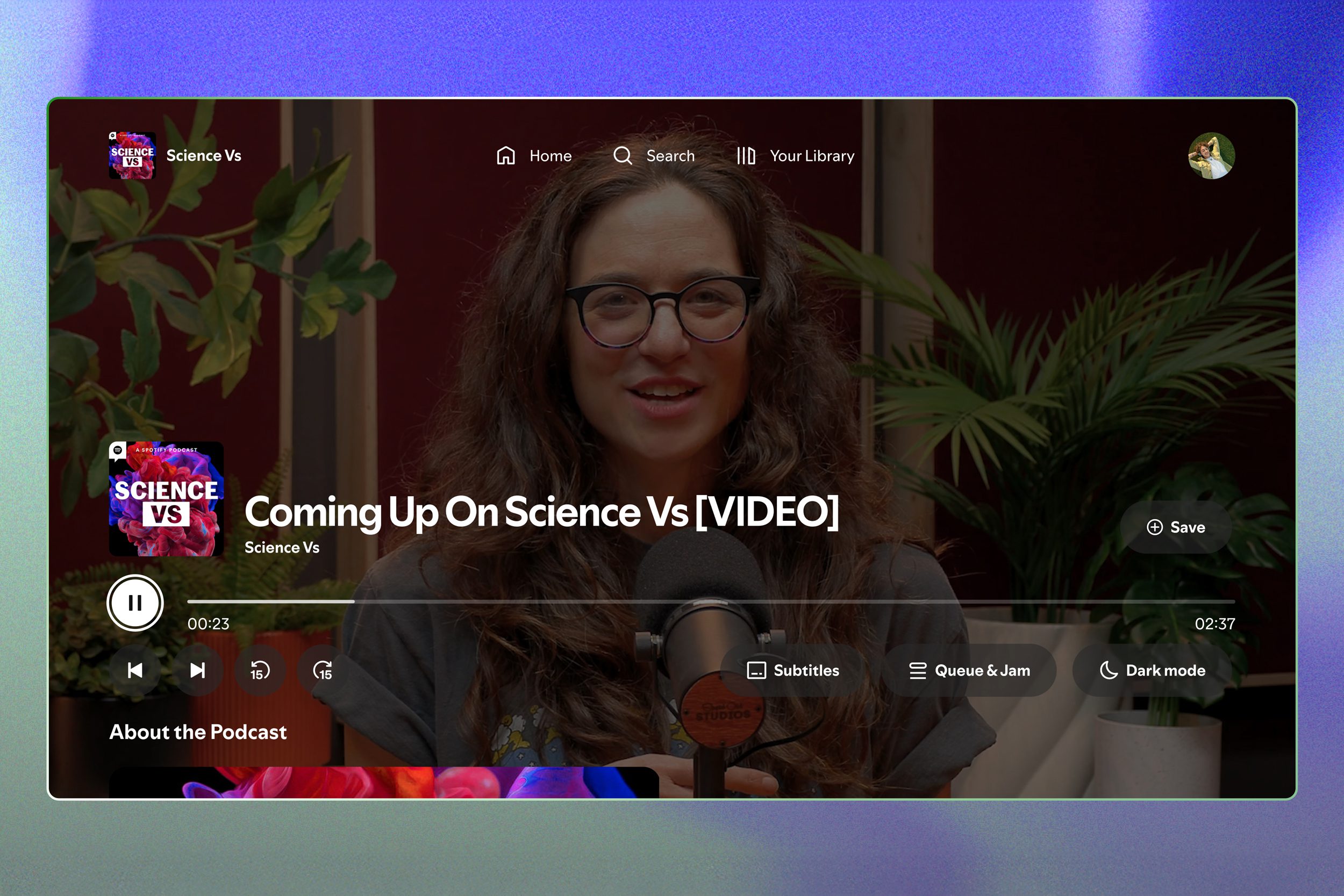
ai-powered search engines rely on less popular Recent research reveals that AI-powered search engines are increasingly relying on less popular websites, diverging significantly from traditional search results.
ai-powered search engines rely on less popular
Introduction to AI-Powered Search Engines
The evolution of search engines has been marked by significant technological advancements, particularly with the advent of artificial intelligence (AI). Since the introduction of AI-driven features, such as Google’s AI Overviews, users have experienced a notable shift in how search results are generated. Unlike traditional search engines that primarily present a list of links, AI-powered search engines offer synthesized information, often pulling from a broader range of sources. However, this shift has raised questions regarding the reliability and diversity of the information being presented.
Research Overview
In a recent study titled “Characterizing Web Search in The Age of Generative AI,” researchers from Ruhr University in Bochum, Germany, and the Max Planck Institute for Software Systems undertook a comprehensive analysis of how AI search engines differ from their traditional counterparts. The study specifically compared the traditional link results from Google’s search engine with its AI Overviews and Gemini-2.5-Flash. Additionally, the researchers examined GPT-4o’s web search mode and the distinct “GPT-4o with Search Tool,” which only resorts to web searches when the AI determines that information outside its pre-trained data is necessary.
Methodology
The researchers employed a systematic approach to assess the differences in search results. They drew test queries from a variety of sources, including:
- Specific questions submitted to ChatGPT, sourced from the WildChat dataset.
- General political topics listed on AllSides, a platform known for its balanced news coverage.
- Products included in the 100 most-searched items on Amazon, reflecting consumer interests.
This diverse set of queries allowed the researchers to evaluate the performance of AI search engines across different domains and contexts, providing a comprehensive view of their capabilities and limitations.
Key Findings
The findings of the study indicate a significant trend: AI-powered search engines tend to cite less popular websites compared to traditional search results. This reliance on lesser-known sources raises several implications for users and the broader information ecosystem.
Less Popular Sources
One of the most striking outcomes of the research is the identification of a pattern where AI search engines frequently reference websites that would not typically rank within the Top 100 links of an organic Google search. This trend suggests that AI models may prioritize diversity in sources over established authority, potentially leading users to information that lacks the credibility associated with more recognized platforms.
Implications for Information Quality
The reliance on less popular sources can have profound implications for the quality of information that users receive. Traditional search engines often prioritize well-established and reputable websites, ensuring that users are directed to reliable content. In contrast, AI search engines may inadvertently expose users to misinformation or less credible sources, which could skew public understanding of important topics.
Stakeholder Reactions
The findings of this research have elicited varied reactions from stakeholders in the tech and information sectors. Educators, researchers, and information professionals have expressed concern over the potential for AI search engines to propagate misinformation. The reliance on lesser-known sources could undermine the trustworthiness of information, particularly in critical areas such as health, politics, and science.
Concerns from Educators and Researchers
Many educators are worried that students and researchers may inadvertently rely on less credible sources when using AI-powered search engines for academic work. This concern is particularly relevant in an era where misinformation is rampant, and the ability to discern reliable sources is crucial for informed decision-making. Researchers have called for greater transparency in how AI search engines curate their results and have advocated for the inclusion of more authoritative sources in their algorithms.
Industry Perspectives
From an industry perspective, tech companies are grappling with the implications of these findings. As AI continues to reshape the landscape of information retrieval, companies must balance the need for innovation with the responsibility of providing users with accurate and trustworthy information. Some industry leaders have emphasized the importance of refining AI algorithms to prioritize credible sources while still maintaining the diversity of information that users seek.
Comparative Analysis with Traditional Search Engines
To fully understand the implications of AI-powered search engines, it is essential to compare them with traditional search engines. Traditional search engines, such as Google, have long relied on established algorithms that prioritize websites based on various factors, including domain authority, relevance, and user engagement. This approach has generally resulted in a more reliable set of search results, directing users to reputable sources.
Algorithmic Differences
The algorithms used by traditional search engines are designed to filter out less credible sources, ensuring that users receive information from trusted websites. In contrast, AI search engines may employ different methodologies that prioritize novelty and diversity over credibility. This fundamental difference in approach raises questions about the long-term implications for users who may become accustomed to receiving information from a wider array of sources, regardless of their reliability.
Future Directions for AI Search Engines
The findings from this research highlight the need for ongoing evaluation and refinement of AI search engines. As these technologies continue to evolve, it is crucial for developers to consider the implications of their algorithms on the quality of information being disseminated. Future iterations of AI search engines may benefit from incorporating mechanisms that prioritize credible sources while still allowing for a diverse range of viewpoints.
Potential Solutions
Several potential solutions could enhance the reliability of AI-powered search engines:
- Algorithm Transparency: Developers should strive for greater transparency in how AI algorithms curate search results. By providing users with insights into the sources being referenced, users can make more informed decisions about the information they encounter.
- Incorporating Credibility Metrics: AI search engines could integrate credibility metrics into their algorithms, prioritizing sources that have been vetted for reliability. This approach could help mitigate the risks associated with relying on lesser-known websites.
- User Feedback Mechanisms: Implementing user feedback mechanisms could allow users to flag unreliable sources, helping to refine the algorithms over time and improve the overall quality of search results.
Conclusion
The research conducted by Ruhr University and the Max Planck Institute underscores a critical shift in how information is sourced and presented in the age of AI. While AI-powered search engines offer innovative ways to access information, their reliance on less popular sources raises important questions about the quality and credibility of the information being disseminated. As stakeholders across various sectors respond to these findings, the future of AI search engines will likely involve a careful balancing act between innovation and the responsibility to provide users with reliable information.
Source: Original report
Was this helpful?
Last Modified: October 28, 2025 at 2:36 am
2 views















